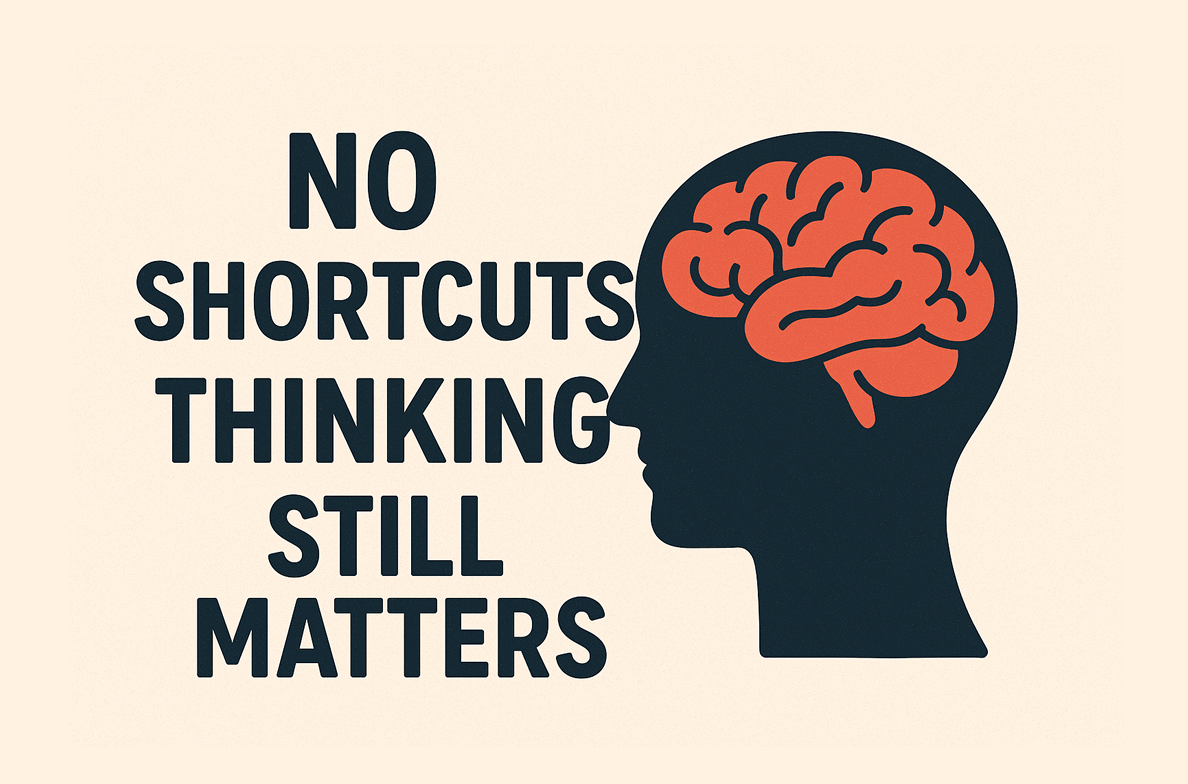Parents tend to focus on the dangers rather than the benefits of video games. However, since playing video games is a normal part of modern childhood, it is good to know that video games can be a powerful tool to help children develop some life skills, discover their passions in life and provide an escape from stress.

Credit Image: iStock
Modes of Gaming
There are two primary methods of gaming which are video and mobile. Video games are designed to be played using a computer, laptop or controller like an Xbox. On the other hand, mobile games are designed to be played anywhere and at any time. However, these games are not as intense compared to video games. They are much lighter, simple and compact, in order to be played using a mobile phone.

Credit Image: iStock
Types of Games
Games are organised based on their objectives in the genres and subgenres set. Many games today fit into multiple genres due to their complex characteristics. Here’s a list of the different types of video games.
1. Simulation
Simulation games are a vast category designed to stimulate real-world activities such as farming, sports, and city planning. Some examples of simulation games include Sims and Animal Crossing.
2. Puzzle
Puzzle games involve solving logic puzzles that usually increase in complexity as the player progresses. These games have a set theme for the players. Some examples of puzzle games include Candy Crush Saga and Bejeweled.
3. Roleplaying
Roleplaying games involve the player creating and taking control of a character that they can level up through experience points. These games are focused on storylines and complex game systems. Star Wars, Stardew Valley, and Dungeons and Dragons are some examples of roleplaying games.
4. Action-Adventure
Games that involve the player traversing and exploring environments are known as action-adventure games. These games involve combat and puzzle-solving to get to the next level or area. Games such as Super Mario, Uncharted and The Legend of Zelda are some examples of action-adventure games.
5. Sandbox
Sandbox games or open-ended games are games where players have fewer concrete goals and narrative pathways. Players can experiment with different mechanics to accomplish a task. Minecraft, The Sims and Terraria are some examples of sandbox games.

Credit Image: iStock
Benefits of Gaming
Research has shown that playing video games has some benefits, one of which is that players have a higher visual insight which means that they can keep track of multiple moving objects at the same time. Other benefits are as follows:
1. Improved hand-eye coordination
Gaming requires a lot of hand-to-eye coordination from players. A study by the University of Toronto found that regular game players have better sensorimotor skills compared to those who do not play. Gaming helps players to develop the ability to learn sensorimotor patterns and movements faster and more efficiently, which may help your child with tasks in the physical world.
2. Reduced stress
Video games are engaging and enjoyable. This results in dopamine secretion that makes players feel good. Playing video games with friends can result in meaningful social connections making it a great way to unwind after a long day at school.
3. Leadership and collaboration skills
Children playing video games within a group may need to explain, demonstrate and motivate other players to “defeat a gargoyle”, for example, in order to move on to the next level. Each player can take turns leading certain rounds while learning the importance of teamwork.
4. Problem-solving skills
Every video game is a challenge. While some games may be mindless, many others that involve action, puzzles, mysteries, and managing a virtual city, for example, offer children the chance to take on a challenge and work to find a solution.
5. Social connections
Many children see video games as a social activity as it creates a common ground for children to make friends and share experiences. Games can be a refuge for some children to find people to connect with positively. Moreover, games give children something to talk about in school.

Credit Image: iStock
Drawbacks of Gaming
Gaming can be a great form of entertainment. However, playing games excessively can lead to several issues in various aspects of a child’s life. Here are some drawbacks of gaming for children:
1. Addiction
Video games provide instant gratification and encourage players to keep playing every day. Some games even provide rewards and bonuses to players, encouraging them to play often. Therefore, some children may get addicted to playing games to the extent that they forget important things.
2. Social replacement
Players will start to neglect other parts of their lives with family, friends and loved ones when gaming becomes an addiction. Relationships require time and energy to maintain. A healthy balance between gaming with friends and family can lead to stronger bonds. However, extreme gaming often results in isolation.
3. Violence
Studies have shown that video games especially violent ones may contribute to violence. Although they are not often the sole cause of aggression, playing violent games may contribute to poor family relationships, social stress and negative childhood experiences. These combined may cause violence when gaming and sometimes in real-world settings. Therefore, parents should ensure that their children play age-appropriate games and seek professional support if they see an increase in aggressive behaviour.
4. Physical and mental health issues
Excessive gaming can lead to physical and mental health issues such as depression, anxiety, poor sleep and hygiene, fat gain and exhaustion. Parents need to ensure that their children do not get addicted to gaming excessively and neglect other aspects of their lives.
5. Confuses reality and fantasy
Based on a study, when a player becomes so immersed in virtual worlds, they tend to turn to imaginary consoles to ‘zoom in’ on people in crowds or to pick things up from the floor. Some gamers have admitted to unwittingly acting out situations inspired by games or characters when faced with a hard task, issue or event.

Credit Image: iStock
Setting Restrictions on Gaming
The vast majority of children and adolescents today play video games. Some play them in moderation whereas others become obsessed with gaming. Parents may become worried when their children are neglecting school, sleep and socializing among others. Thus, setting and enforcing some limits are necessary.
1. Set boundaries
Inform your child about the types of games he or she is allowed to play (depending on their age) and make sure they understand your expectations when they play. For instance, no violent games because they may promote violent thoughts and behaviours.
2. Creating a schedule for playtime
Depending on the age of your child, he or she may not know how to organise their time efficiently. Therefore, creating an appropriate schedule for them that allows them to play some video games without interfering with school work, sleep and other activities is beneficial.
3. Set realistic consequences
Depending on the age of your child, set reasonable consequences if he or she violates any of the rules. This teaches them to be accountable for their actions whilst teaching them about making good decisions.
4. Consistent monitoring
Parents should monitor their child’s overall gaming behaviour after establishing some boundaries. Continuously amend the boundaries and consequences set when deemed appropriate.
5. Suggest other activities
To help your child make good use of their free time, suggest recreational or non-gaming activities that may interest them. Consider some fun and exciting activities that your child and the family can do together such as a trip to the museum, a walk in the park, or a game of badminton in the evening.
6. Reinforce non-gaming activities
Reward your child when he or she participates in a non-gaming activity to encourage them to continuously seek recreational activities. These rewards can be both tangible and intangible such as a hearty breakfast after a hike or praise for a job well done after completing an activity.

Credit Image: iStock
Careers in Gaming
The gaming industry today has become as big as the movie industry, providing many gaming-related career opportunities on both the technical and creative sides of the field. Here are some careers in the gaming industry:
1. Game designer
Game designers come up with concepts, storylines and characters that will be included in a game. They work closely with a creative team of designers and developers in bringing the idea into a game, and a game into life.
2. Animators
The ability to bring video games to life visually is growing to be increasingly valuable in the gaming industry. Animators are responsible for using specialised software to create a series of pictures that visually characterises the movement and behaviour of characters in a game.
3. Software developer
Software developers are more focused on the technical side of gaming design. They use programming languages to turn a designer’s vision into instructions that video game systems can read.
4. Video game testers
Video game testers are important in the game development process as they are responsible for finding and reporting any bugs, glitches, flaws or inconsistencies in a game before it is released to the general public.
5. Professional gamer
Just like professional sports, the chances of becoming a professional gamer are slim. However, the gaming industry has changed radically, much faster than traditional sports and entertainment. Children as young as seven years old can be professional gamers, indicating that there is no fixed age for pursuing gaming as a profession.
In conclusion, gaming has its pros and cons. Parents should monitor their children’s gaming behaviour and set appropriate boundaries to ensure that they maintain a healthy balance in all that they do.


































